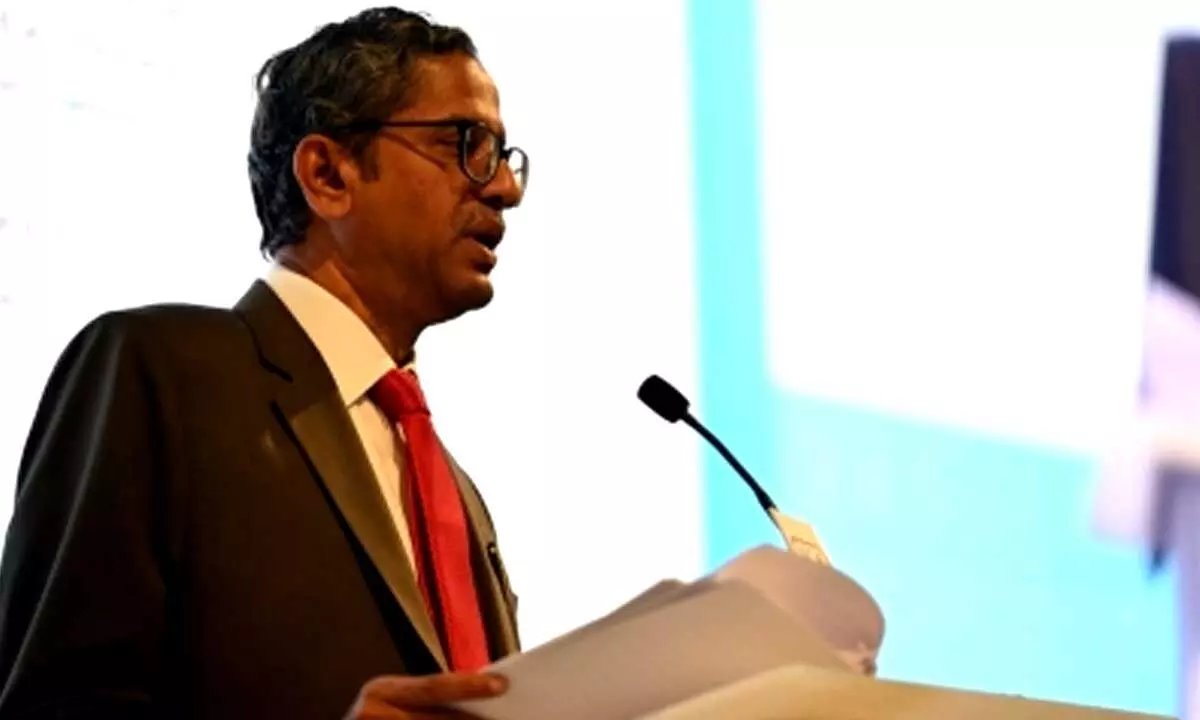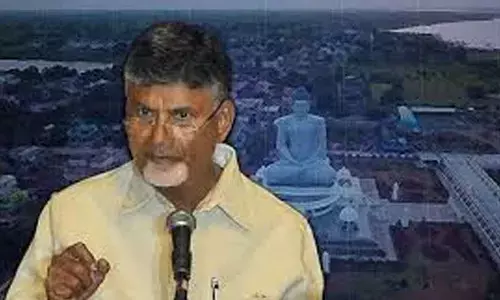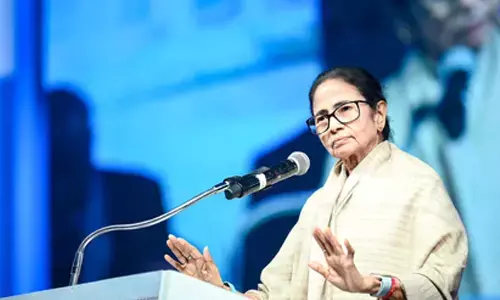Independent judiciary, rule of law favours India as investment destination, CJI in UK

Chief Justice of India (CJI) N.V. Ramana (Photo/IANS)
Chief Justice of India (CJI) N.V. Ramana on Tuesday said India can be chosen as a favoured investment destination due to the independence of its judicial system and for giving paramount importance to the rule of law.
New Delhi/London: Chief Justice of India (CJI) N.V. Ramana on Tuesday said India can be chosen as a favoured investment destination due to the independence of its judicial system and for giving paramount importance to the rule of law.
The Chief Justice, in the presence of Law Minister Kiren Rijiju, also said that pendency of cases is a major issue in India and in the absence of infrastructure and sufficient number of judges commensurate with the increasing workload, the problem is intensifying.
Delivering the inaugural address at the conference on 'Arbitrating Indo-UK Commercial Disputes' at Mansion House, London, he said: "Apart from ease of enforcement, another advantage for choosing India as a favored investment destination is its judicial system. Both the legal systems in India and the United Kingdom are known for giving paramount importance to the rule of law."
Chief Justice Ramana added that both the nations share a similar legal culture, where courts are known and respected as independent institutions. "Apart from this, the investors would be entering into a common familiar legal field as both nations follow the common law system. Laws on important issues are often convergent between both nations," he said.
He said there is no denying that pendency of cases is a major issue in India and the reasons for this include growth of the Indian economy, population, rising awareness about rights etc.
"In the absence of infrastructure and sufficient number of judges commensurate with the increasing workload, the problem is intensifying. This is why I have been strongly advocating for transforming and upgrading the judicial infrastructure in India, as well as filling up of judicial vacancies and augmenting the strength," he said.
He pointed out that after he became the CJI, "in addition to filling up 11 vacancies in the Supreme Court, the Collegia could secure appointment of 163 Judges to various high courts. 23 more recommendations are pending with the government".
The CJI added that the Central government is yet to transmit another 120 names received from various high courts to the Supreme Court Collegium. "I have been reminding the government to expedite the process so that the remaining 381 vacancies can be reduced considerably. I am hoping for some forward movement in this regard," he said.
He said another way of reducing the burden of pendency is to promote and popularise other means of dispute resolution, such as arbitration or mediation, adding that he has been a strong advocate of dispute settlement mechanisms that do not require litigants to face traditional litigation. He said the presence of international arbitration centres will not only boost India's global position as an investor friendly nation but also will facilitate the growth of a robust legal practice.
"Personally, I think it is the era of Institutional Arbitration and Mediation in India. To catch up to the developed world, world class arbitration and mediation centres need to be set up and promoted. Individual arbitrators and mediators would have an opportunity to support, and develop these institutions, while also becoming empanelled," the CJI said.
He said different state governments in India are taking active steps in establishing International Arbitration Centres, keeping in view global trends.
"The aim is to set up professionally-run arbitration and mediation institutions in India along the lines of the LCIA or the Singapore International Arbitration Centre. This is in line with the recommendations made by the Srikrishna Committee to the Government of India in 2017. Ultimately, the presence of modern infrastructure, with a global outlook, will attract both domestic and foreign parties to seek resolution of their disputes," he added, while thanking FICCI and Indian Council of Arbitration for hosting this event and inviting him to inaugurate it.
















